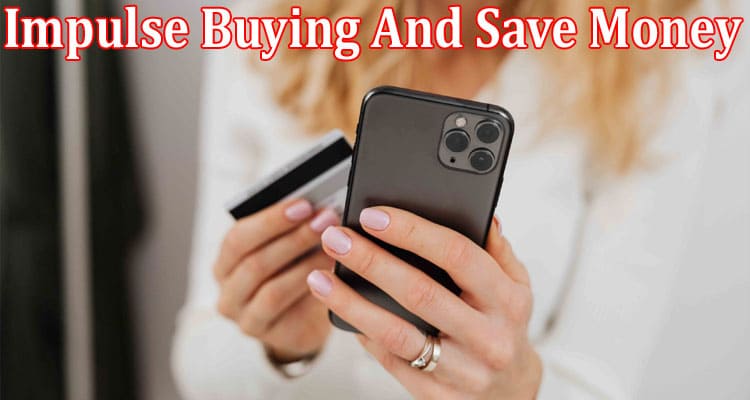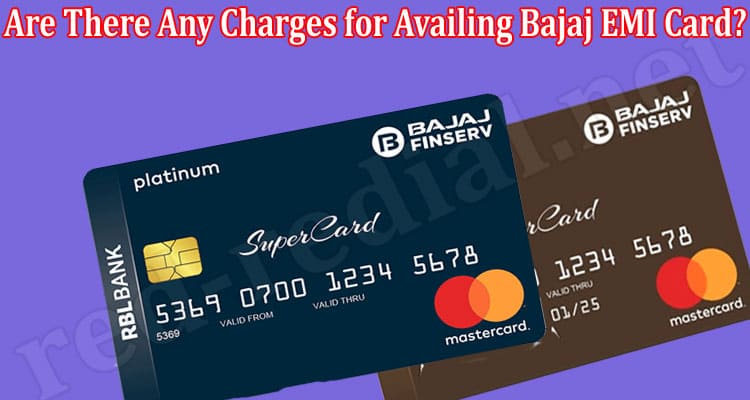6 Tips to Help You Stop Impulse Buying And Save Money
What is impulse buying in our daily life? Any time when you buy something you don’t intend to, that is called an impulse buy. Any purchase occurred when you don’t plan ahead in your budget, it’s an impulse buy. Impulse buying can happen at any time and for any item. It can be as small as picking up a candy bar at the checkout, or as big as walking into a car dealership “just browsing” and driving out in a brand-new SUV.
We experience a small dopamine boost from impulsive purchases, which is pleasurable and energising, according to Alexandra Emery, a professional psychotherapist at Grit City Psychology in Seattle. Thus, it is best for you to examine yourself to see whether you are repressing any unpleasant emotions prior making an impulsive transaction.
When you have a shopping addiction, you could feel better temporarily, however that feeling will disappear as soon as you realise you’ve gone over budget. Research from CouponBirds shows that retail therapy sessions cost shoppers on average $212.95 each time and 44% of shoppers said they regret what they have shopped for after making an impulsive buy.
So how can one avoid making impulsive purchases? Here are some practical suggestions for setting your lifestyle and spending plan in order to curb impulse purchases and form better financial behaviors.
Deferred payments
Stumbled onto something you’d like to purchase? Take a step back and delay your purchase decision.
Whether it’s for a few minutes or a few days, you should resist the urge to rush to buy. After this period of impulsiveness, you will realize that you don’t need this item at all.
In addition to the golden rule: always make a shopping list before you shop and stick to it, try to establish a “mandatory waiting period.” Wait to make the purchase decision at least a week after seeing an item in a store.
Always use cash
Research shows that when using cash rather than a credit card, individuals are less likely to purchase, in particular since doing so requires more effort on their part. According to a Bankrate analysis, customers who pay with card payments at fast-food establishments pay, on the median, 50% greater than those who use money. Spending with cards has detrimental effects on both your wallet and your waistline. If you find it difficult not to use your credit card, simply leave it at home. Delete credit card information that is automatically stored on your favorite shopping sites. Taking these steps will give you more time to think about your purchase.
Shopping within your budget
You ought to have a detailed budget and go over it each month. Consumer Credit Counseling offers free debt reduction and assistance with planning. Making a plan that you will follow will make it easier for you to resist the impulse to make a purchase.
Create a budget and a shopping list and stick to it every time you shop. However, for most of us, it’s easier said than done. But it works and it pays off in the long run. Well, if the budget is tight and there is no room to meet demand, it may be hard to stick to it. Therefore, it doesn’t hurt to leave a little money in your budget each month for fun purchases.
Plan your shopping
We often equate seasonal sales and discounts with getting great value deals, which in turn encourages us to spend more. While buying items at discounted prices is a great way to save money, the general idea is to buy only what you need. Figuring out what you want to buy and how much you’ll spend before shopping is an important way to overcome impulse buying. With proper planning, you’re less likely to succumb to overspending. Consider how your previous impulse purchases may have ended up unused and taken up more storage space, which may have prevented you from making impulse purchases.
Reduce social media AD viewing
Social media is a great billboard for impulse buying. No matter where you scroll, someone will try to promote you to spend money. Instagram, Facebook, and TikTok all currently feature product recommendations that increase the urge to buy on impulse. However, if you’re not on the application, you won’t see all the businesses with flashy sales and new products for you to spend your hard-earned money.
Distract attention
Attempt to use retail treatment to navigate the tough moments, pause, and try something else if you’re feeling scared, agitated, or depressed. Take a stroll, turn on some music, or give a pal a call. One can prevent oneself from making self-comforting unplanned buys by spending care of yourself in a manner that doesn’t cost extra. When committing to a purchase, get in touch with your body and give heed to how the product affects you. Adhere to your intuition if it warns you not to purchase anything.
Even though avoiding impulsive expenditures and developing a positive connection with wealth are stigmatised in many ways, several people struggle with these issues. Using the correct support networks, knowledge, and tools, you can design a way of living that allows you to save for the important stuff in life while also allowing you to enjoy yourself.




